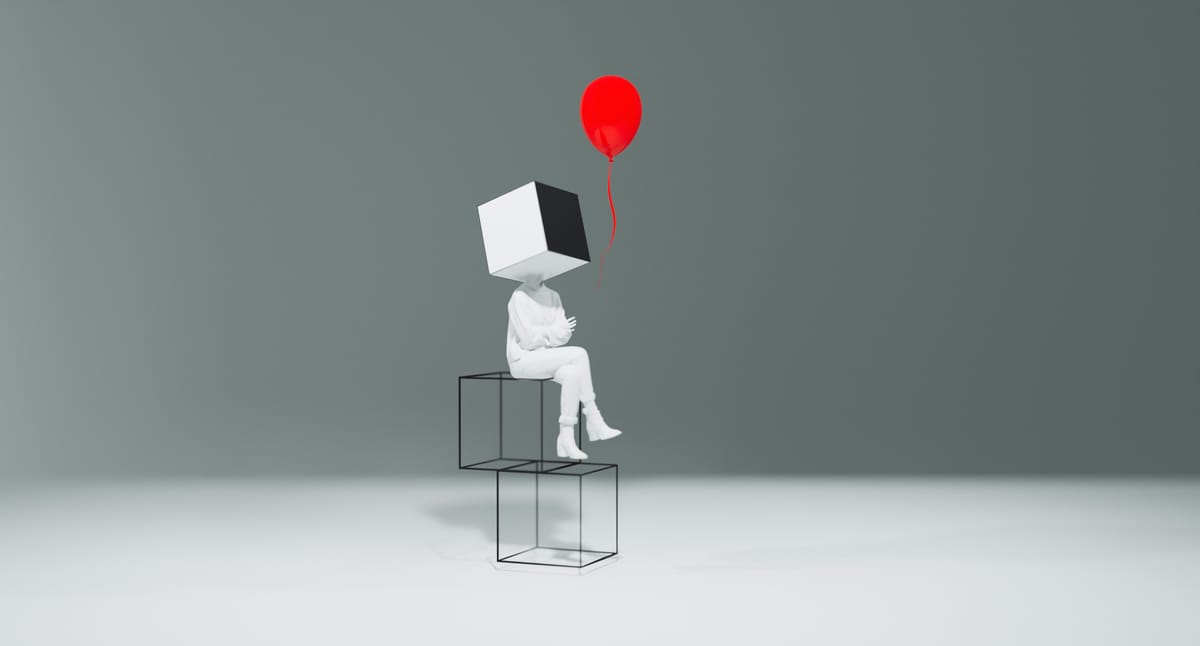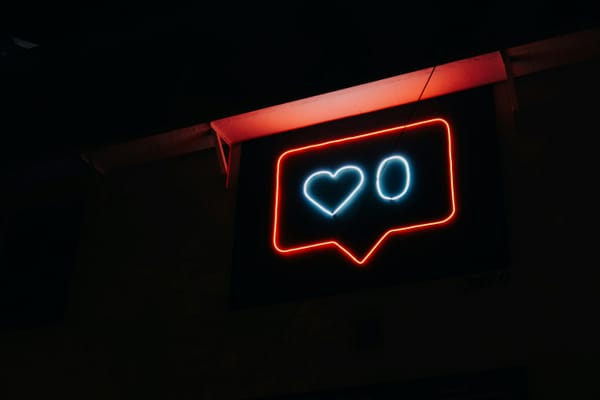How much of your health can you control?

The idea that we can control our health is powerful. It’s also false.
Your whole health pie

There are many slight variations on these percentages, but pooled resources and the most recent estimates consider a person's whole health picture to come down to several categories, including:
- Genetics: 20%
- Healthcare: 10%
- Exercise: 10%
- Nutrition: 20%
- Social, environmental, & other lifestyle factors: 40%
Several of those seem controllable. But if you only get your information from narrow slices of the internet, like wellness, you might be under the impression that you have far more control than you do.
How much does wellness say you can control?

According to a vast majority of wellness books and influencers, nutrition and exercise have a far bigger impact than they really do. Even your genetics can be massaged into cooperation through the science of epigenetics.
The problem is that most wellness resources aimed at the everyday person aren't written by scientists who are leading researchers in these subject areas. They're produced by marketing departments, copywriters, or influencers who have credentials, just not at all in the areas they're advising on.
So, how much of your health can you actually control?
None of it.
That doesn't mean there's nothing that you can do for your well-being. But you do not, and never will, have 100% or even 80% of control over any domain of your health. People who say that you do almost always want to sell you something to "help."
The reality:
- You can’t control your genetics.
- Healthcare access comes down to wealth, mobility, belief, transportation, and luck.
- Nutrition comes down to wealth, access, mobility, time, transportation, luck, digestion, absorption, metabolism, stress, and healthcare management of conditions.
- Exercise comes down to wealth, access, mobility, safe neighborhoods, and time.
- Everything else comes down to wealth, luck, access, mobility, safe neighborhoods, time, belief, and transportation.
Sense a theme? Not only is your health a complex response to multifactorial issues, but money is often a tipping point in each of them.
Without wealth, you can control almost exactly 0% your health.
Money: The remedy no one's selling you
You don’t have to be in the top 1% of the wealthiest. But you do need money beyond basic survival needs if you want to have an influential impact on your overall well-being.
You have to exist beyond the imminent threat of running out of money. More than half of Americans do not have a financial buffer. It’s not because of irresponsibility. It’s because the minimum wage and salaries have not gone up with the cost of living. The hardest workers can’t make ends meet. They’re stressed, they can’t afford childcare, they’re sick but can’t access healthcare, they’re exhausted but get no paid time off.
You can’t make a personal lifestyle choice to just have enough money.
But it’s easier to believe that financial security is a choice, because it’s easier to blame people for their own struggles.
Control: The toxic belief at the root of wellness
It’s also simpler to believe that people are in total control of their health. People take comfort in the idea that:
- You can prevent health problems by making good choices.
- You can heal your body by making good choices.
- You deserve to be well if you make good choices.
And when people have multiple or complex health problems or don't get better, it's also comforting for some to think that:
- It's their own fault for making bad choices.
- They could get better if they wanted to, but they aren't trying.
- Their priorities are in the wrong place.
- They are bad people, and don't deserve health.
- They are lazy or undisciplined.
It's never this simple. Unfortunately, many don't realize this until they have developed their own chronic or complex condition and see that all those rules were fairy tales to shield healthy people from the reality that human health is, in fact, uncontrollable and fragile.
The illusion of control is powerful. Hard work and just desserts is the American fantasy. Navigating the U.S. with chronic illness and disability is a waking nightmare.
Knowledge equity: The antidote
Reality doesn't have to be bleak. It doesn't have to feel isolating for those who have chronic conditions or terrifying for those afraid to get them.
We could, in fact, change the system. But we can't change what we aren't aware of.
Journalism may be viewed with angst and skepticism from those trying to get away with stuff, but it's actually the voice of the people and for the people.
Don't take the word of those who sell you stuff and control the power dynamics. They're always going to be biased toward keeping things the same for them.
Instead, find independent sources that don't profit from the status quo. Support journalism that prioritizes people, not profits.
At Factual Wellness, we:
- Defend dignity
- Promote truth over tradition
- Center people, not platforms
- Solve everyday problems
- Stand against stigma
- Build community
- Embrace empathy
- Cultivate curiosity
Support info that challenges the status quo.
Any amount helps us break through false-hope claims and control-your-health barriers.
GIVE NOW ♥



